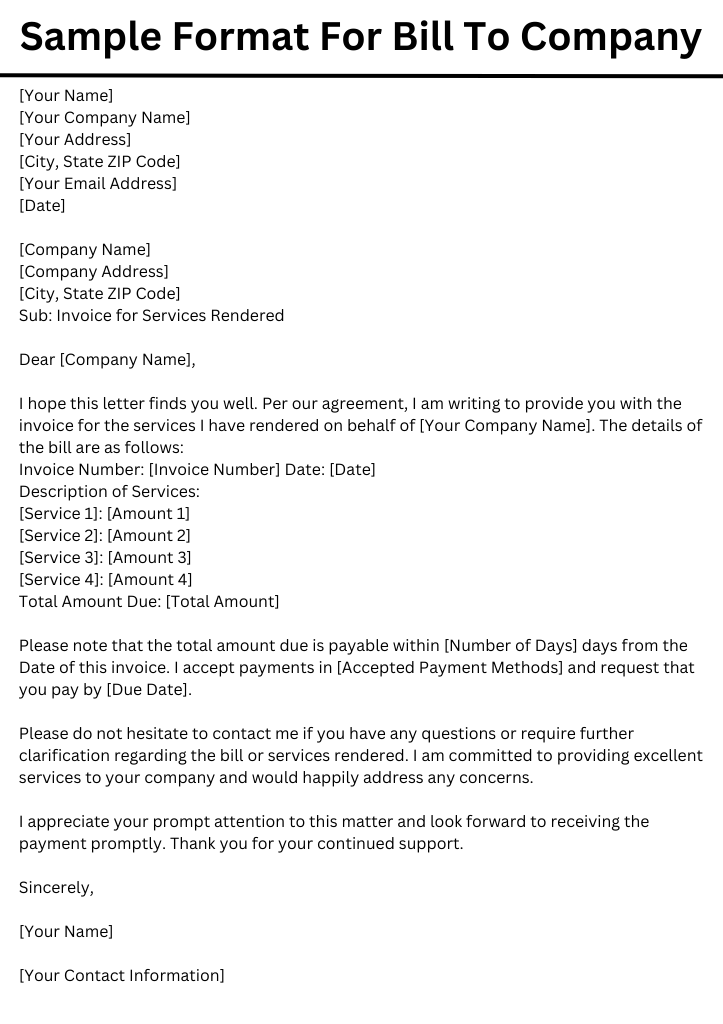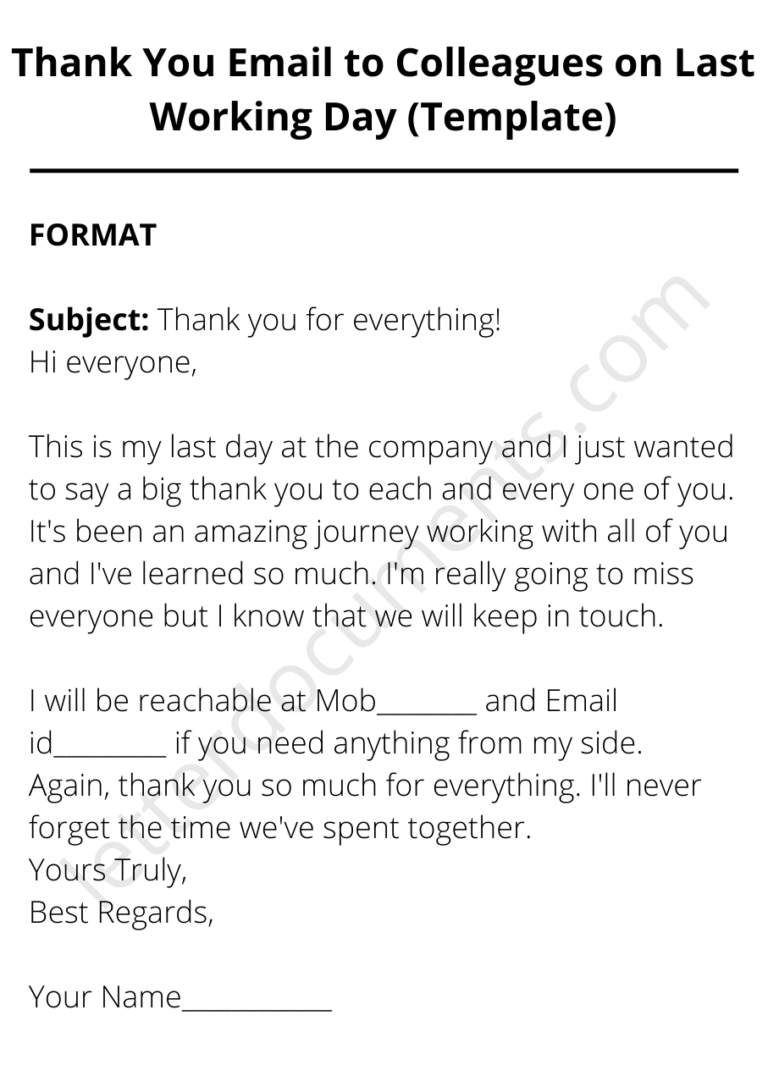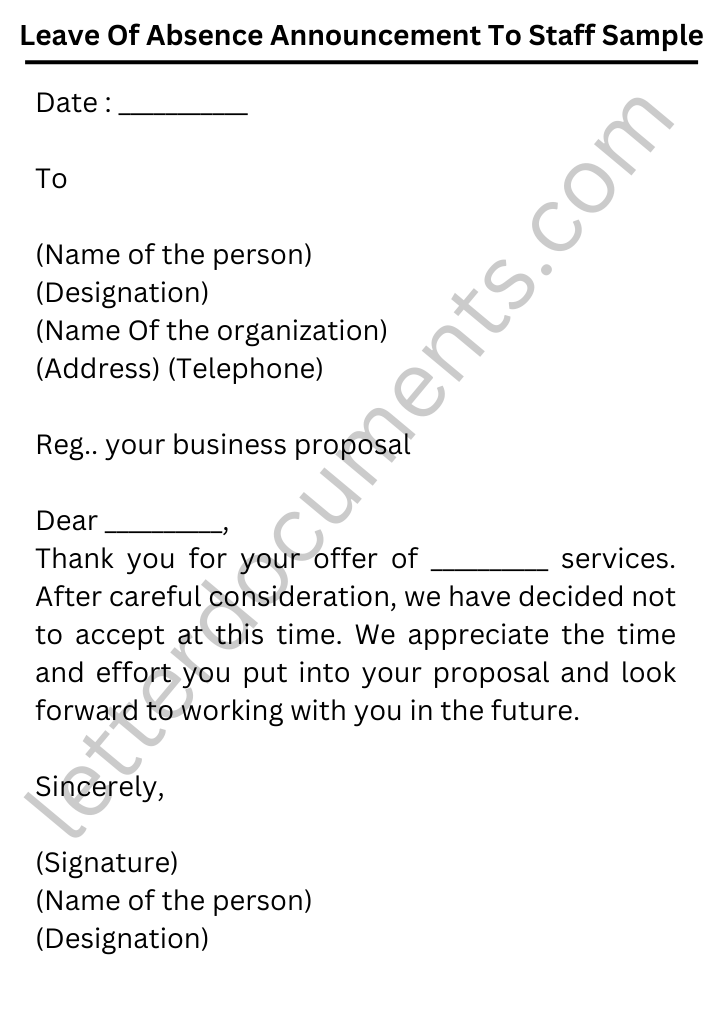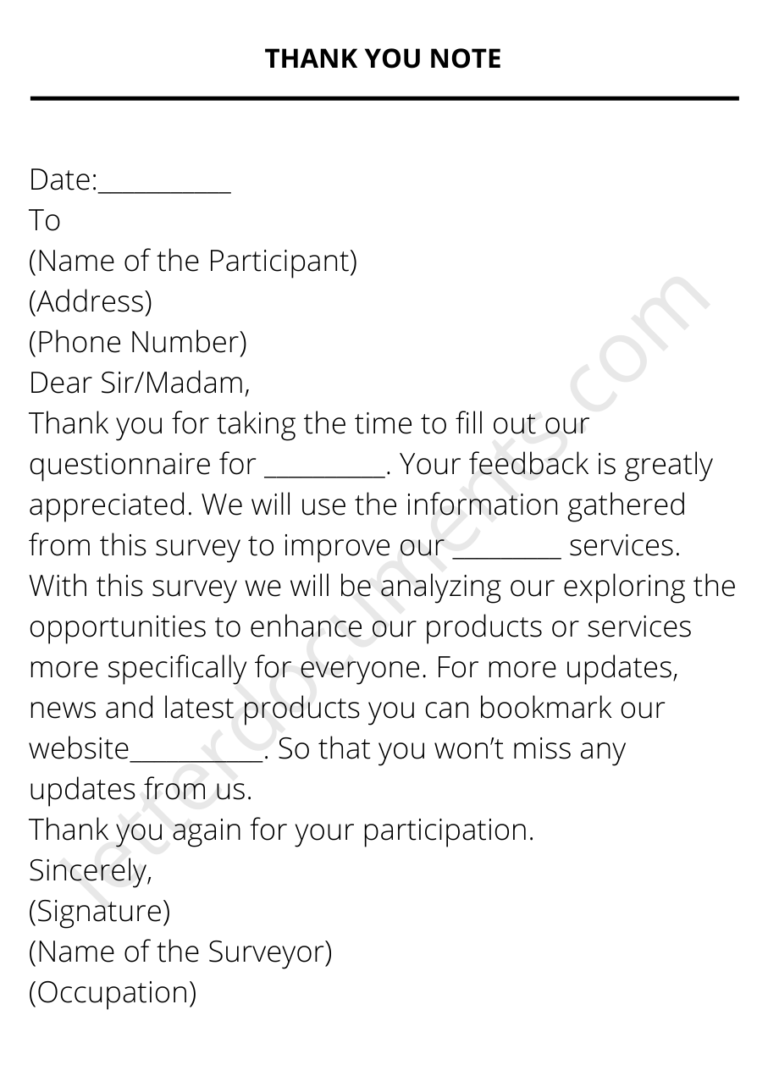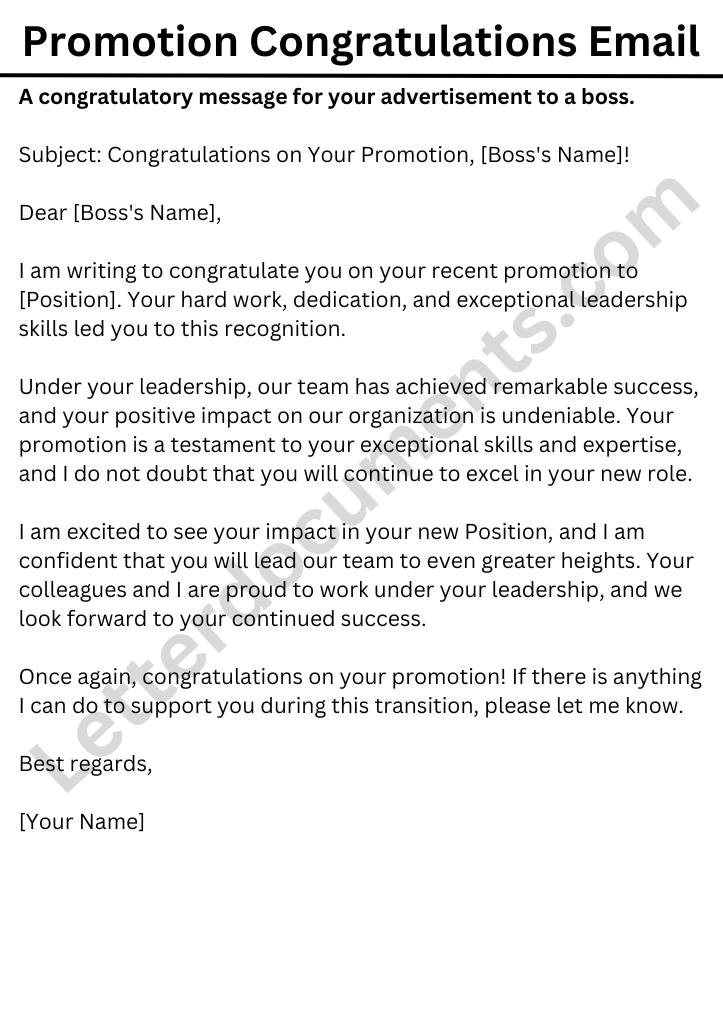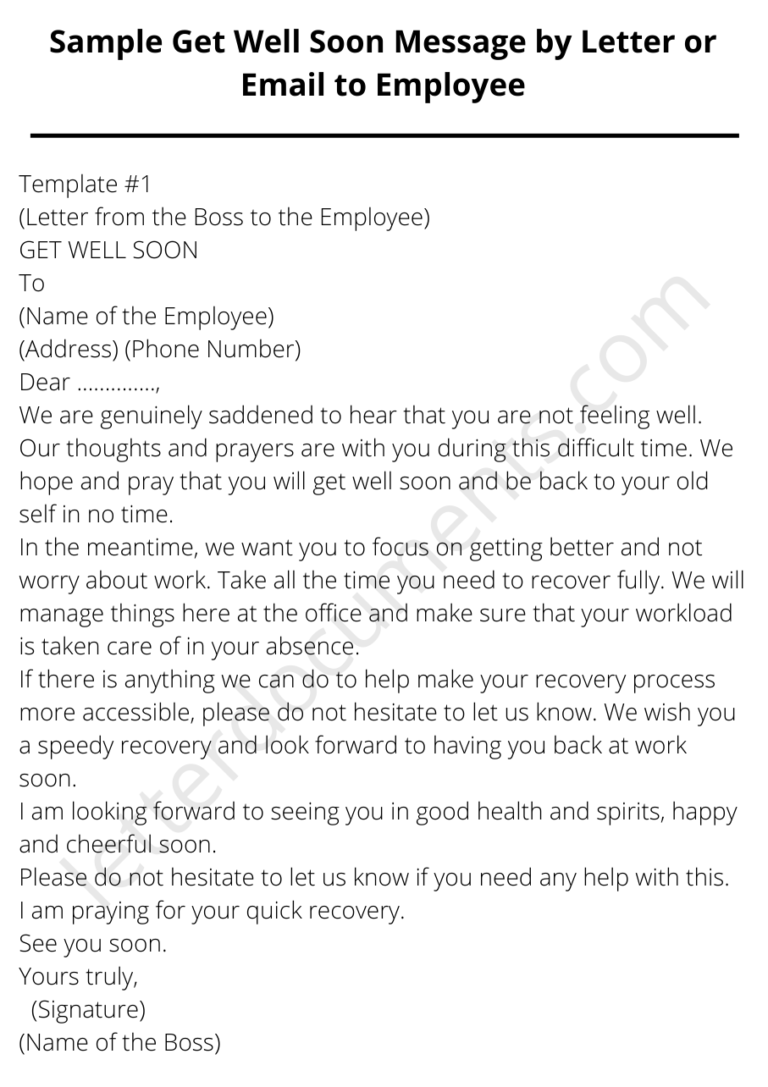Warning Letter to Employee for Regular Late Coming to Office
If you are an employee who is regularly late to the office, it is essential to take some proactive steps to improve your punctuality. Here are some tips that can help:
- Wake up earlier: This may seem an obvious solution, but it can be pretty effective. Set your alarm clock for a time that will give you enough time to get ready and travel to work without rushing.
- Go to bed on time: Getting a good night’s sleep is crucial for waking up on time in the morning. Establish a regular bedtime routine and stick to it as much as possible.
- Prepare everything the night before: Another way to make mornings less stressful is to take care of as much as possible the night before. This means laying out your clothes, packing your lunch, and anything else that needs to be done to get up and go in the morning.
Late arrival to the office can significantly impact productivity and disrupt the smooth functioning of a workplace. As an employer, addressing this issue promptly and effectively is essential. In this comprehensive and informative article, we will delve into the process of drafting a warning letter to an employee for regular late coming to the office. We will explore the importance of such a letter, provide guidance on its content, and offer sample formats for your convenience.
The Importance of a Warning Letter for Late Coming
A warning letter is a formal communication to employees regarding their misconduct or performance issues. When it comes to consistent late arrivals, addressing the matter through a written warning becomes essential for several reasons:
- Clarification of Expectations: A warning letter outlines the expected behaviour and punctuality standards that an employee must meet.
- Documentation of the Issue: A written warning establishes a record of the employee’s repeated late arrivals, which can be used as evidence if further disciplinary action becomes necessary.
- Opportunity for Improvement: Providing a warning letter gives the employee a chance to rectify their behaviour and understand the consequences of their actions.
- Consistency in Policy Enforcement: Issuing warning letters consistently demonstrates that the company enforces its policies fairly and impartially.
- Components of a Warning Letter for Late Coming
When drafting a warning letter for an employee’s regular late arrivals, it is essential to include the following components:
2.1. Date and Employee Information
Begin the letter by including the date of issuance and the employee’s full name, job title, and department. This ensures clarity and proper identification.
2.2. Introduction and Purpose
Start the letter with a polite and professional introduction, clearly stating the purpose of the letter. Explain that the goal is to address the issue of the employee’s regular late arrivals to the office.
2.3. Description of the Issue
In this section, provide specific details about the employee’s late arrivals, including dates, times, and the duration of lateness. Be objective and factual in your description.
2.4. Consequences and Company Policies
Outline the consequences of the employee’s continued late arrivals, such as the negative impact on team productivity and work schedules. Refer to the company’s policies regarding punctuality and adherence to work hours.
2.5. Expectations and Improvement Plan
Clearly state the expectations for the employee’s future behaviour, emphasizing the importance of punctuality. Encourage employees to improve their time management skills and comply with the established work schedule.
2.6. Support and Assistance
Offer support and guidance to help the employee overcome their lateness issue. Mention any resources available, such as time management workshops or counselling services.
By taking these steps, you can improve your punctuality and avoid the negative consequences of being late for work.
TEMPLATE
Ref: _________
Date: ________
To
(Name of the Employee)
(Designation)
(Name of the Department)
Employee Code: _________
Sub.: Regular Late Coming to Office – Violation of Company Policy
Dear Mr. / Ms. (First Name of the Employee),
We have noticed that you have been regularly coming in late to the office. This is unacceptable and must be rectified immediately. Coming in late disrupts the workflow and affects productivity. It also sets a bad example for other employees.
We understand that there may be genuine reasons for being late on occasion. However, this cannot become a habit. We expect all employees to arrive on time, ready to start their workday.
If you continue to come in late, we will have no choice but to take disciplinary action. This could include a formal warning or even dismissal from your job.
We hope you will take this matter seriously and make every effort to arrive on time.
Sincerely,
For (Name of the Company),
(Signature)
(Name of the Officer)
(Designation)
Conclusion
In conclusion, addressing the issue of regular late coming to the office is crucial for maintaining a productive and efficient workplace. A well-crafted warning letter is a formal means to communicate expectations, document the issue, and provide an opportunity for improvement.
Following the components outlined in this article and utilizing the sample format provided, you can draft a comprehensive and effective warning letter for employees who consistently arrive late to the office. Remember to maintain a professional and courteous tone throughout the letter while clearly stating the consequences of continued tardiness and the expectations for improvement.
It is essential to address this issue promptly and consistently to ensure a positive work environment and uphold the company’s policies and standards. Encouraging employees to value punctuality and adhere to the established work schedule promotes productivity and teamwork.
As an employer, taking proactive steps to address late coming demonstrates fairness, consistency, and a commitment to maintaining a high standard of professionalism within the organization. Addressing this issue head-on and offering support and resources for improvement can help employees develop better time management skills and contribute to a more efficient and harmonious workplace.
Remember to tailor the warning letter to each employee’s specific circumstances and needs while ensuring compliance with legal and company requirements. Regularly reviewing and reinforcing policies related to punctuality and attendance can also contribute to a culture of accountability and productivity.
By addressing the issue of regular late coming through a well-written warning letter and implementing appropriate measures, employers can foster a more punctual and disciplined work environment, benefiting both the organization and its employees.
With the insights and information in this article, you can draft a warning letter for employees who must arrive on time at the office. By following best practices and maintaining professionalism, you can effectively communicate expectations, address the issue, and create an environment that promotes punctuality and productivity.
Remember, consistency and timely action are essential to address the issue of regular late coming effectively. By taking proactive steps, providing necessary support, and reinforcing expectations, employers can work towards creating a workplace culture that values punctuality and ensures the smooth functioning of daily operations.
Taking the time to address and rectify this issue demonstrates your commitment to maintaining high professionalism and productivity within your organization. With the information in this article, you are well-equipped to draft a warning letter that effectively communicates your concerns and expectations to employees who must arrive on time at the office.
By following the guidelines and utilizing the sample formats, you can confidently navigate this challenging situation and ensure a fair and constructive approach to addressing late coming in the workplace.
Effective communication, clear expectations, and a supportive approach can positively change employee behaviour and ultimately enhance your organization’s overall productivity and success.

